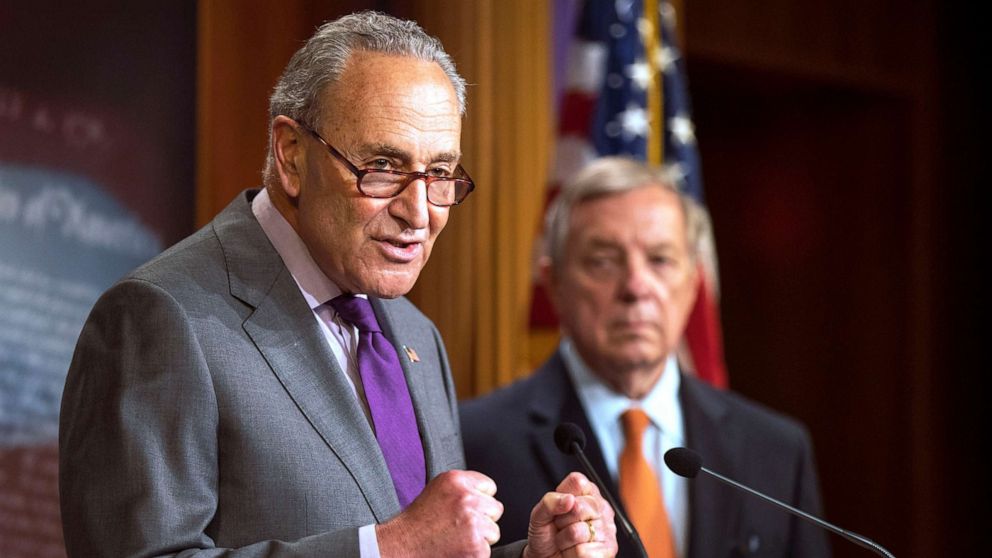

For example, if your child is home later than the agreed time, a fitting consequence might be having to come home early next time. If you can make the consequence fit the misbehaviour, it gets your child to think about the issue. One way to deal with this is by using consequences. Sometimes your child might behave in ways that test your limits or break the rules you’ve agreed on. Using consequences as part of teenage discipline Many schools can also help with guidance. To check whether your family rules are realistic and reasonable, you could talk with other parents who have children of the same age. Be willing to discuss and adjust rules as your child shows responsibility or gets older – for example, by extending your child’s curfew.For example, ‘Thanks for coming straight home from the movie’. Use descriptive praise when your child follows through on agreed limits.Agree in advance with your child on what the consequences will be if they don’t stick to the rules you’ve agreed on.You have responsibilities too, like tidying your room’. For example, ‘I’m responsible for providing for you. Discuss responsibilities with your child.
Children rule the world tonight movie#
But it might be clearer to say, ‘Come straight home after the movie ends and don’t go anywhere else’. For example, you could say, ‘Please come home after the movie’. It can help to check that your child has understood your expectations.


Teenage discipline is most effective when you:
Children rule the world tonight how to#
Teenagers don’t yet have all the skills they need to make all their own decisions, so your agreed limits for behaviour help your child make good choices about how to behave.

An important part of this is learning to stick to some clear rules, agreed on in advance, and with agreed consequences. Your child needs these skills to become a young adult with their own standards for appropriate behaviour and respect for others. Now your child is moving into the teenage years, you can use limits and boundaries to help them learn independence, take responsibility for their behaviour and its outcomes, and solve problems. When your child was younger, you probably used a range of discipline strategies to teach them the basics of good behaviour. For pre-teens and teenagers, discipline is about agreeing on and setting appropriate limits and helping them behave within those limits. It’s about guiding children towards appropriate ways to behave.


 0 kommentar(er)
0 kommentar(er)
